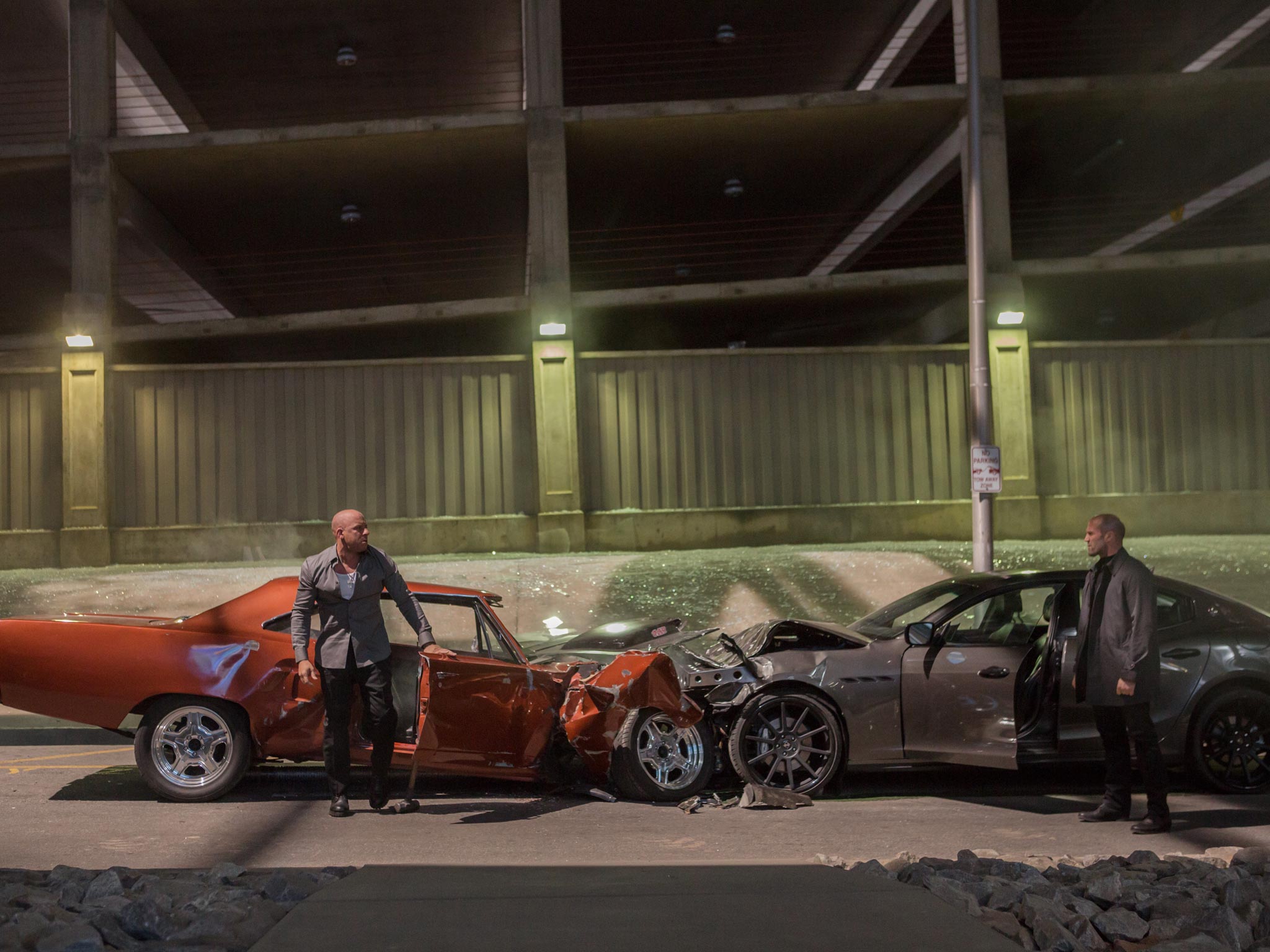Be the driving force to secure cheap car cover
Installing a device that monitors how well you drive can save hundreds of pounds

This month marks five years since the first British cars were fitted with a little black box to monitor how well – or badly – someone drives. But it wasn’t a government-backed Big Brother-type initiative to cut down road accidents: in fact it was a way to cut down insurance premium costs.
Five years on, the evidence is compelling: it has helped many drivers – young adults in particular – to be able to afford motor cover, and also helping to reduce accidents.
And from there being just one major insurer in March 2011 which offered a policy linked to telematics – the name of the process which involves driving being electronically monitored – now it’s mainstream and from 2018 all new cars are to be fitted with a device.
The Co-operative’s Young Driver policy was launched five years ago to reward safer driving. It required drivers to fit a black box into their car which analysed speed, cornering, braking, acceleration and the time of day the car is driven. Those that demonstrated good habits were given money back.
Since then the Co-op has given back more than £7.4m to drivers in their first year of driving. “Keeping communities safe is a priority,” said Steve Kerrigan, head of telematics at Co-op Insurance. “Offering a policy which aims to improve road safety by incentivising good driving behaviours, and giving driving tips to people who need driving improvement is a positive step to achieve this.”
With others following the Co-op’s lead, car insurance costs for younger motorists have fallen. According to Consumer Intelligence the cheapest car cover for under-25s dropped by 5.5 per cent in a year, while for over-50s it climbed 8.6 per cent.
Meanwhile, it has also had a dramatic effect on accidents, with analysis of claims figures showing that telematics drivers were 20 per cent less likely to have a car crash than those with standard insurance.
Rival insurer Direct Line now has its own telematics cover known as DrivePlus. It offers 25 per cent discount to younger drivers under 21, while 21- to 25-year-olds get at least 15 per cent discount. Under the scheme, older drivers get cashback.
“It gives drivers a way to reduce their premiums by demonstrating how well they can drive,” said Paul Felton, head of telematics at Direct Line. “For higher risk groups, such as young drivers who tend to pay the most for car cover, it means having to pay only for how you drive, rather than how others do.” Aviva has a similar scheme which rewards careful drivers but without the need of a black box being installed in your car. Its free Aviva Drive app uses smartphone technology to record your driving style over 200 miles and give you an individual rating out of 10, based on how safely you drive in relation to acceleration, braking and cornering.
The higher the rating you get, the higher the discount on the insurance you can get from the firm. Aviva says that safer drivers who score 7.1 and above can save an average of £150 on their car cover. And that’s not beyond many motorists – it reckons that 44 per cent of drivers can achieve that level of saving.
Adam Beckett, propositions director for Aviva said: “We want to make roads safer for all – motorists and pedestrians alike – so the more we can encourage people to think about how they drive, the better.”
“With an average of £150 savings on car insurance for people who score 7.1 or above using the app, there’s good news for motorists’ pockets too.”
There’s even a telematics motor insurance policy for pupils who have just passed their test and are buying their first car. AA GetDriving is a tie-up with telematics specialist insurethebox, which is designed to help new drivers get competitive insurance that rewards those who drive responsibly and safely.
Gocompare has a useful guide to telematics at bit.ly/1dI33kD
Join our commenting forum
Join thought-provoking conversations, follow other Independent readers and see their replies
Comments
Bookmark popover
Removed from bookmarks